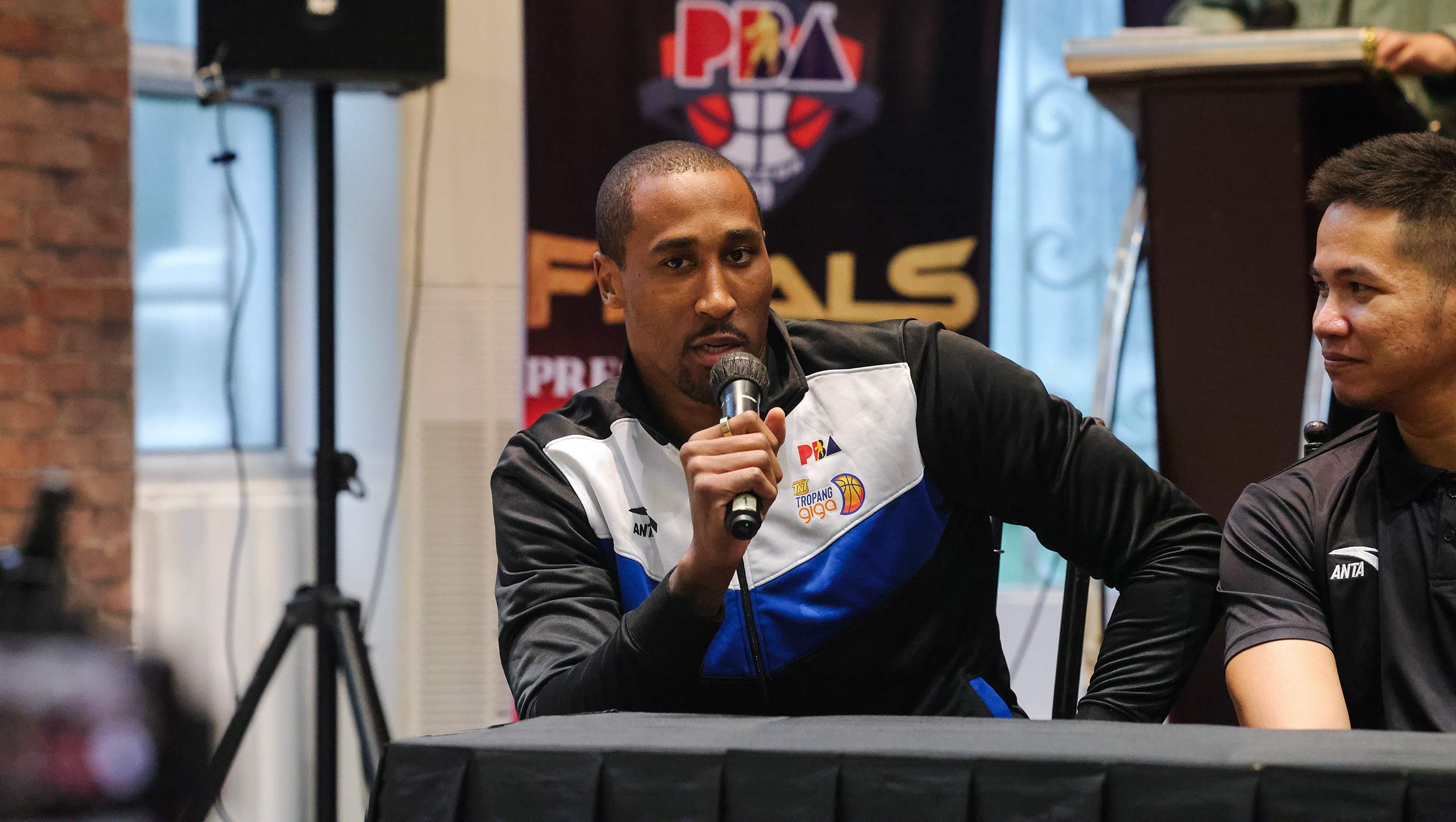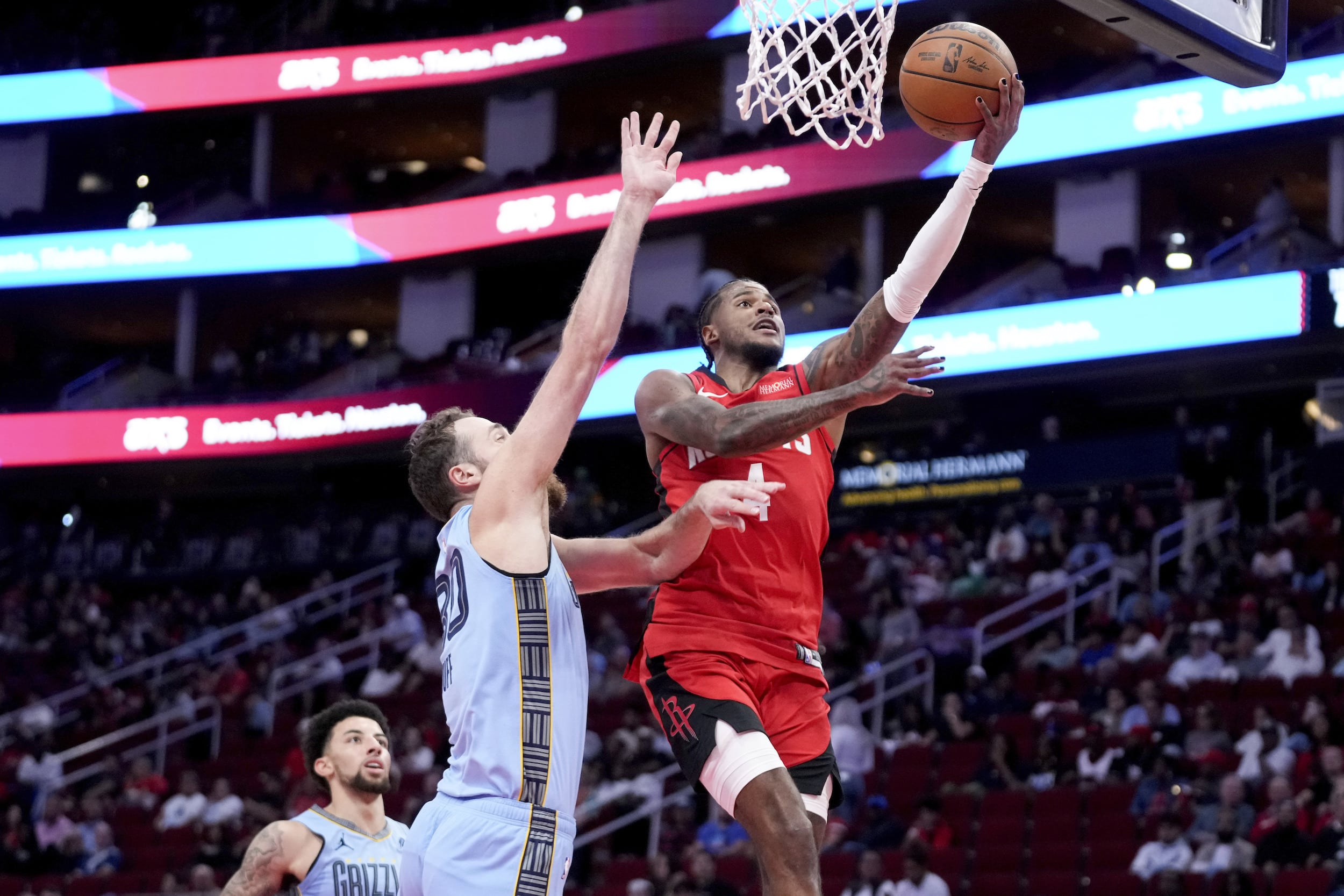MONTREAL, CANADA – JULY 27: Alexandra Eala of the Philippines looks on against Marketa Vondrousova of Czechia during their first round match on Day One of the WTA 1000 National Bank Open at IGA Stadium on July 27, 2025 in Montreal, Quebec, Canada. Minas Panagiotakis/Getty Images/AFP (Photo by Minas Panagiotakis / GETTY IMAGES NORTH AMERICA / Getty Images via AFP)
They’ve won major tournaments and taken out Grand Slam champions in a row.
In a sport that has a deep fascination for prodigies, young aces—including three rising teenagers—have drawn a lot of attention in the US Open at Flushing Meadows in New York.
Alex Eala is one of them.
The Filipino star, who just turned 20 last May, continues to carry the Philippine hopes in a Grand Slam tournament.
“This is one of the biggest stages in tennis,” Eala told Inquirer.net USA in an exclusive interview at the Arthur Ashe Stadium media center recently. “To have that rep for people back home, to feel that representation, I like to think it’s something super positive. I’m so blessed.”
“I’m just so grateful that I was able to be here, able to compete,” Eala said.
A lot of the younger ones will carry more pressure on their shoulders, with even the top contenders considering them a threat in what is deemed the fastest of the four tennis Grand Slams.
Mirra Andreeva, a Russian, is still only 18 yet has already been a Grand Slam semifinalist and is seeded No. 5 at the US Open.
João Fonseca, a Brazilian who turned 19 on Thursday, just last month became the youngest man since 2011 to reach Wimbledon’s third round. Learner Tien, a Californian who is 19, already owns four victories over top-10 opponents. Vicky Mboko, a Canadian who is 18 and won the Toronto hard-court title this month, became the second-youngest woman to beat four Grand Slam champions at one tournament, eliminating Naomi Osaka, Coco Gauff, Elena Rybakina and Sofia Kenin.
Mboko’s run echoed a similar string of success Eala experienced during this year’s Miami Open, where the Filipino rocketed to the higher echelons of tennis conversations.
Gauff’s take on Mboko: “I do see someone who is going to have a really bright future.”
When terrific results arrive early, expectations rise. Which means, in turn, that when not-quite-as-good results follow, the burden can feel heavy.
As talented and precocious as Andreeva is, as savvy as she is on the court and off, if she goes from making it to the final four at the French Open in 2024 to bowing out a round earlier against someone ranked 361st in 2025, or goes from reaching the fourth round at the All England Club two years ago to exiting in the first round there a year ago, people ask: What happened?
Perhaps that’s why Andreeva used the word “learn” in her responses to four of the first six questions at Roland-Garros after her loss there in June. As in: “I will learn from this.”
Eala also hopes her US Open stint will provide her with a learning experience to propel her career even farther in the future.
“Every match, whether it’s a Grand Slam or not, you learn more about yourself, about your game, and about how you can manage certain situations,” she said.
“It doesn’t matter where you play—you always take something away that helps you for the next step.” —INQUIRER SPORTS STAFF, AP INQ



